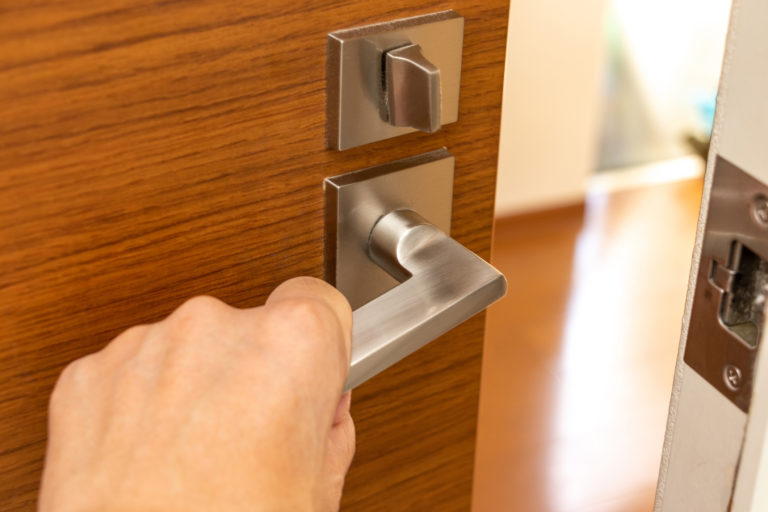Locks are fundamental to the security of your home and business, giving you protection and peace of mind. Without proper care, however, they can deteriorate or malfunction. Regular maintenance is key to making sure they continue to work properly and last for years. This guide will offer essential tips to maintain your locks and keep them in excellent working condition.
Regular Screw Inspections and Tightening
Dirt and grime can settle in your locks, potentially causing jams or faster wear. Wipe the outside with a damp cloth and blow out dust from the interior with compressed air. Avoid using harsh cleaners that could harm the lock’s finish.
Guard Your Locks Against Moisture
Moisture often leads to rust and corrosion, which can damage locks, especially outside. Dry locks thoroughly after they get wet, and shield them with weatherproof covers. For rust, gently clean it off with steel wool or a rust remover and apply a protective coat.
Keep Key Duplication to a Minimum
An excess of duplicate keys can strain and wear out your locks unnecessarily. Limit duplicates to trusted people and rely on professional locksmiths for precision cutting. Store spare keys in a secure, dry environment to protect against rust and corrosion.
Clean Your Locks to Ensure Smooth Operation
Grime and debris can cause your locks to jam or degrade more quickly. Gently wipe the exterior with a damp cloth and blow out dust from inside using compressed air. Avoid using abrasive materials or harsh cleaners that could damage the lock’s finish.
Lubricate Your Lock to Prevent Sticking
Regular lubrication is vital for smooth locks. Use a silicone or graphite-based lubricant, avoiding oil-based options that can attract grime. Apply to the keyhole and bolt, and turn the key multiple times to evenly spread the lubricant.
Check Your Locks Periodically for Smooth Operation
Regularly testing locks can identify issues before they escalate. Lock and unlock each door monthly, checking for resistance, stiffness, or strange sounds. Handling minor issues early can extend the life of your locks.
Make Sure Your Doors Are Properly Aligned for Security
Misaligned doors put strain on locks, causing wear and tear. Ensure the lock and strike plate are properly aligned with the door. If the lock feels off, adjust the hinges or strike plate for smoother operation and improved security.
Regularly Check Your Keys for Damage
A damaged or worn key can cause issues with your lock’s internal mechanism. Regularly inspect keys for bends, chips, or cracks, and replace any that are damaged. Use spare keys in rotation to reduce overall wear on your main key.
Don’t Overapply Force to Lock Mechanisms
Forcing a lock can result in significant damage. Handle keys gently to avoid putting pressure on the internal parts. If the key gets stuck or the lock jams, inspect it for debris or alignment issues, and contact a locksmith if the issue persists.
Rekey or Change Locks for Ongoing Protection
Aging locks can become less effective and harder to use. Rekey them if you notice issues like stiffness, and replace those with rust, cracks, or frequent jams. Upgrade to smart locks for added security and ease of use.
Get Professional Maintenance for Your Locks Regularly
Professional care from locksmiths is essential for maintaining locks. Schedule a yearly inspection with a certified locksmith for cleaning, lubrication, or replacement, and get recommendations for improving security and durability.
Proper lock care takes little effort but makes a big difference. By following this maintenance guide, you’ll ensure smooth operation, prolong their lifespan, and enhance security. Regular cleaning, lubrication, and inspections can save you from unnecessary expenses down the road.

